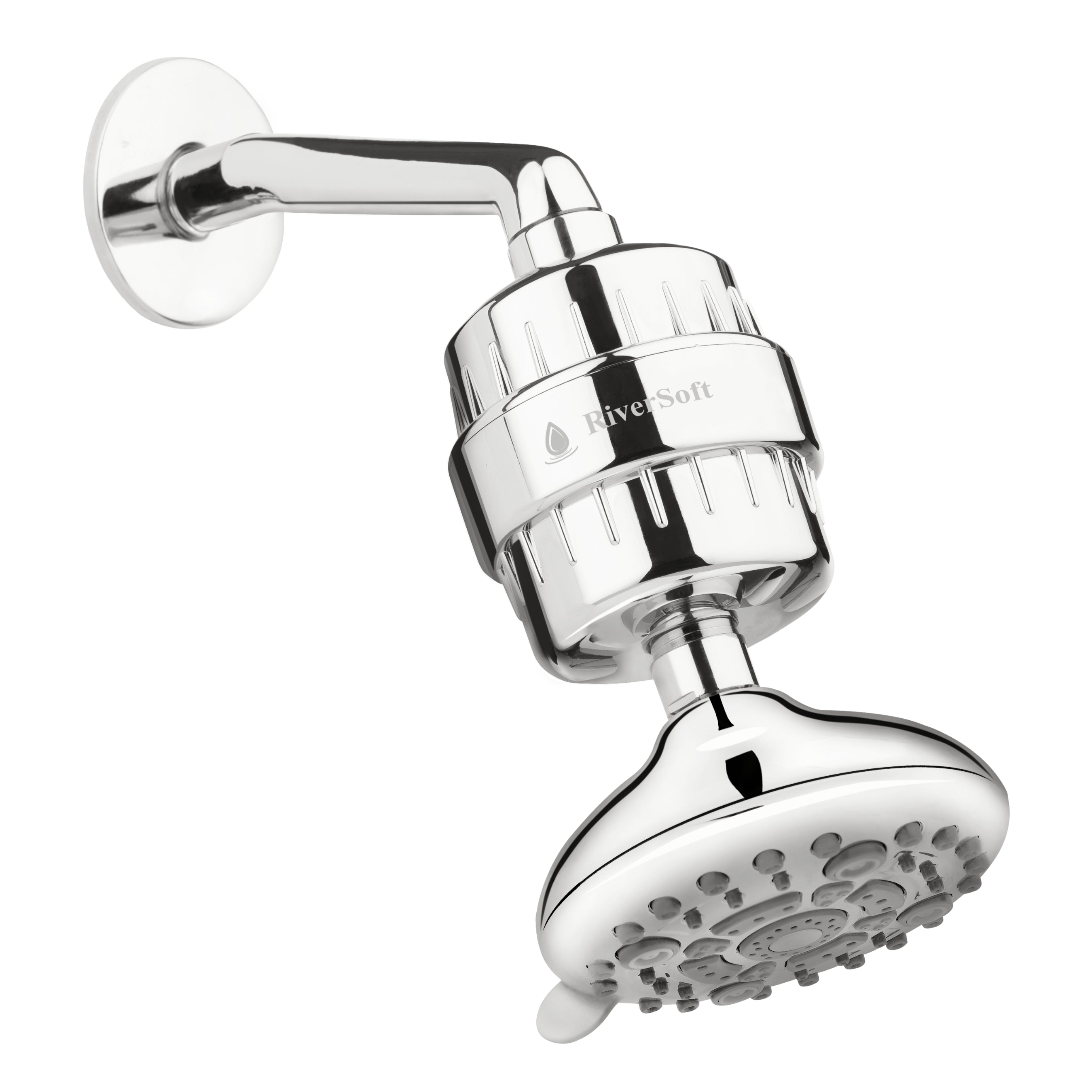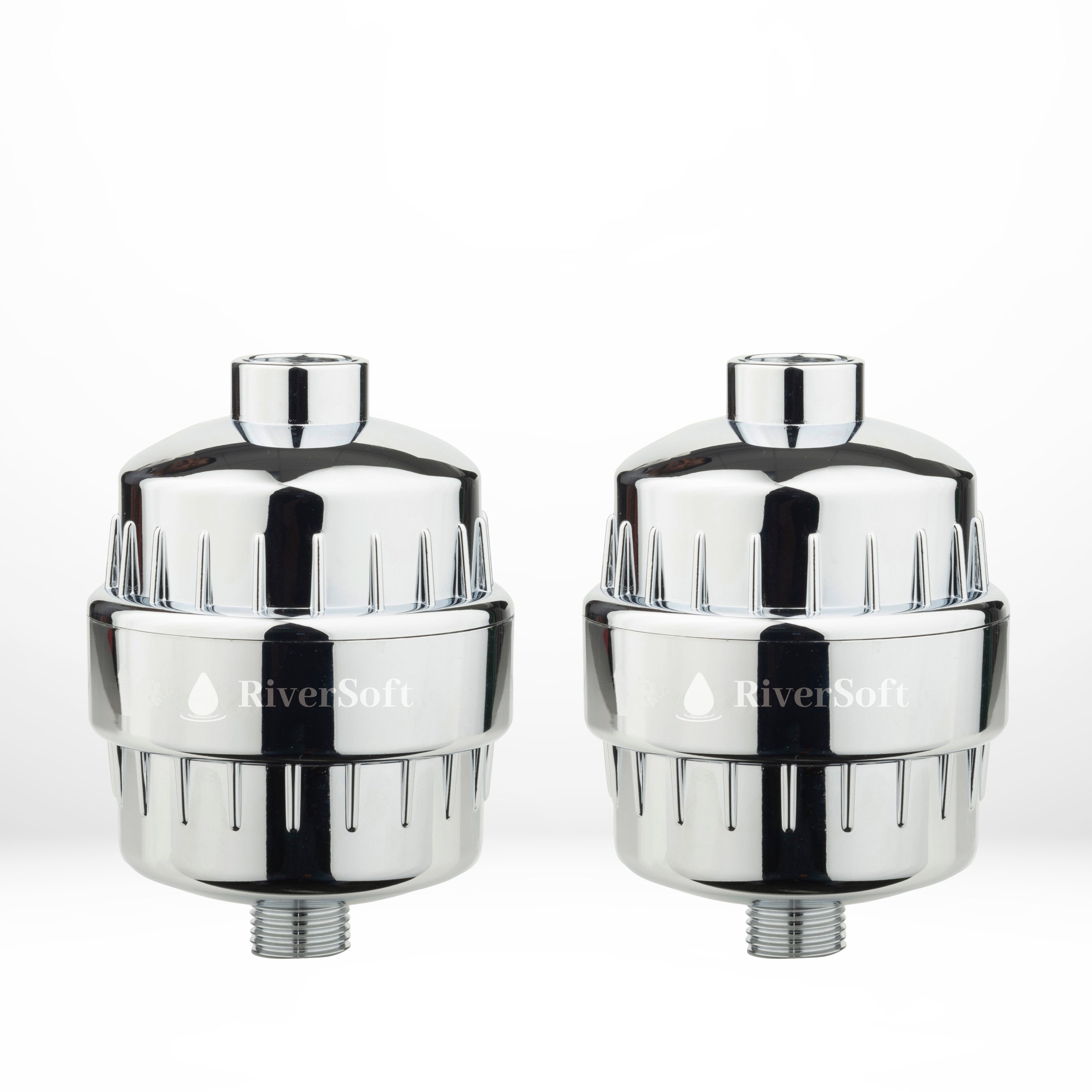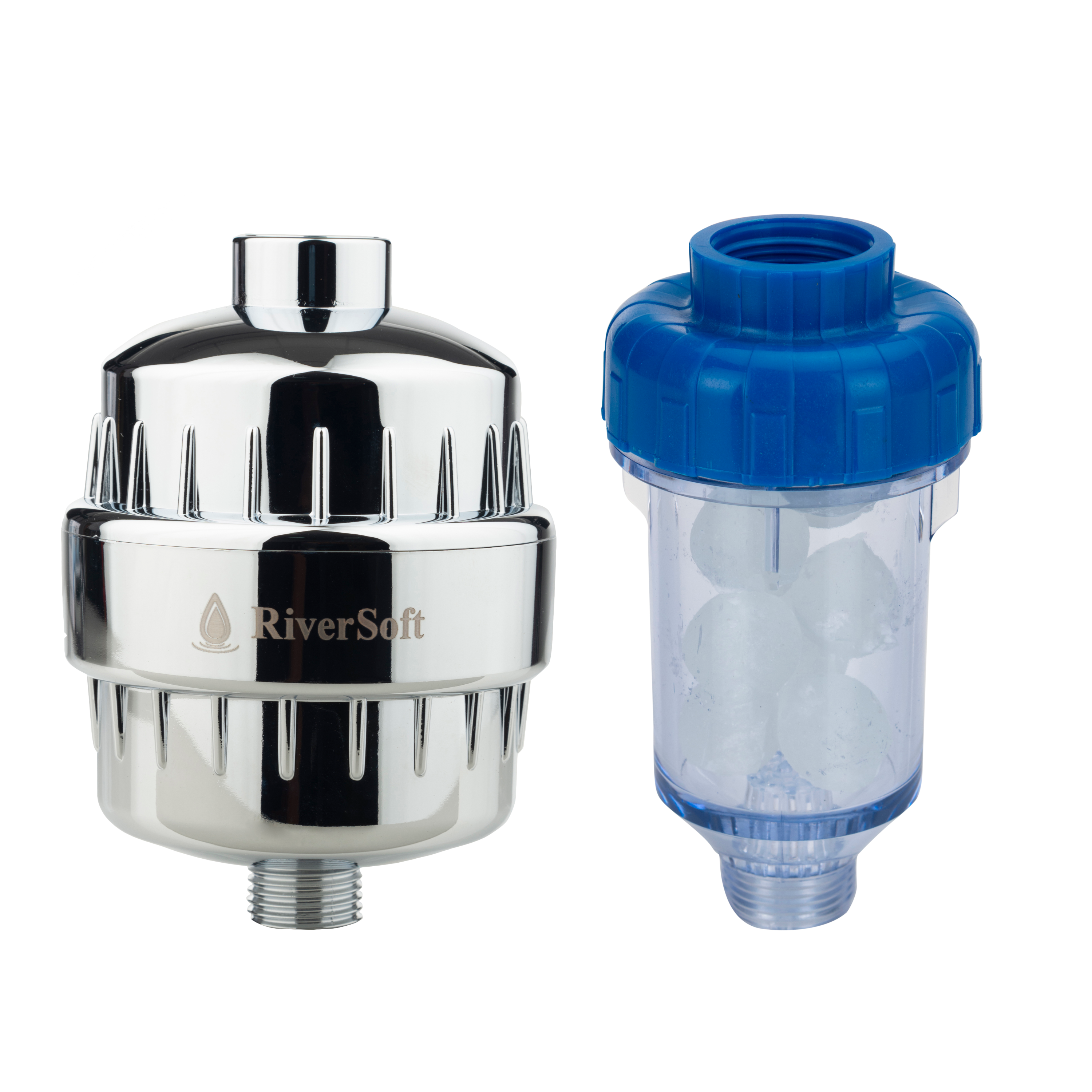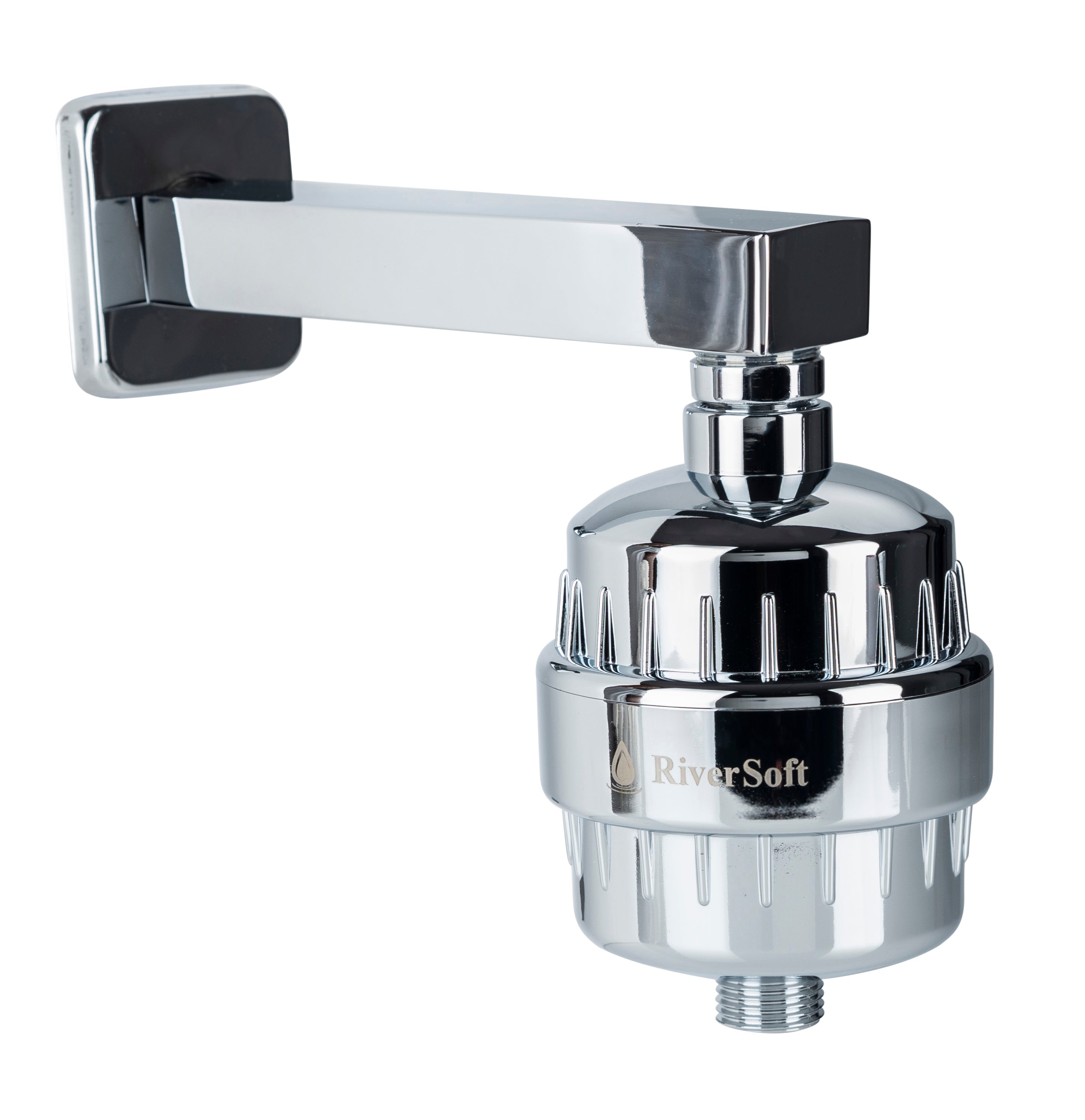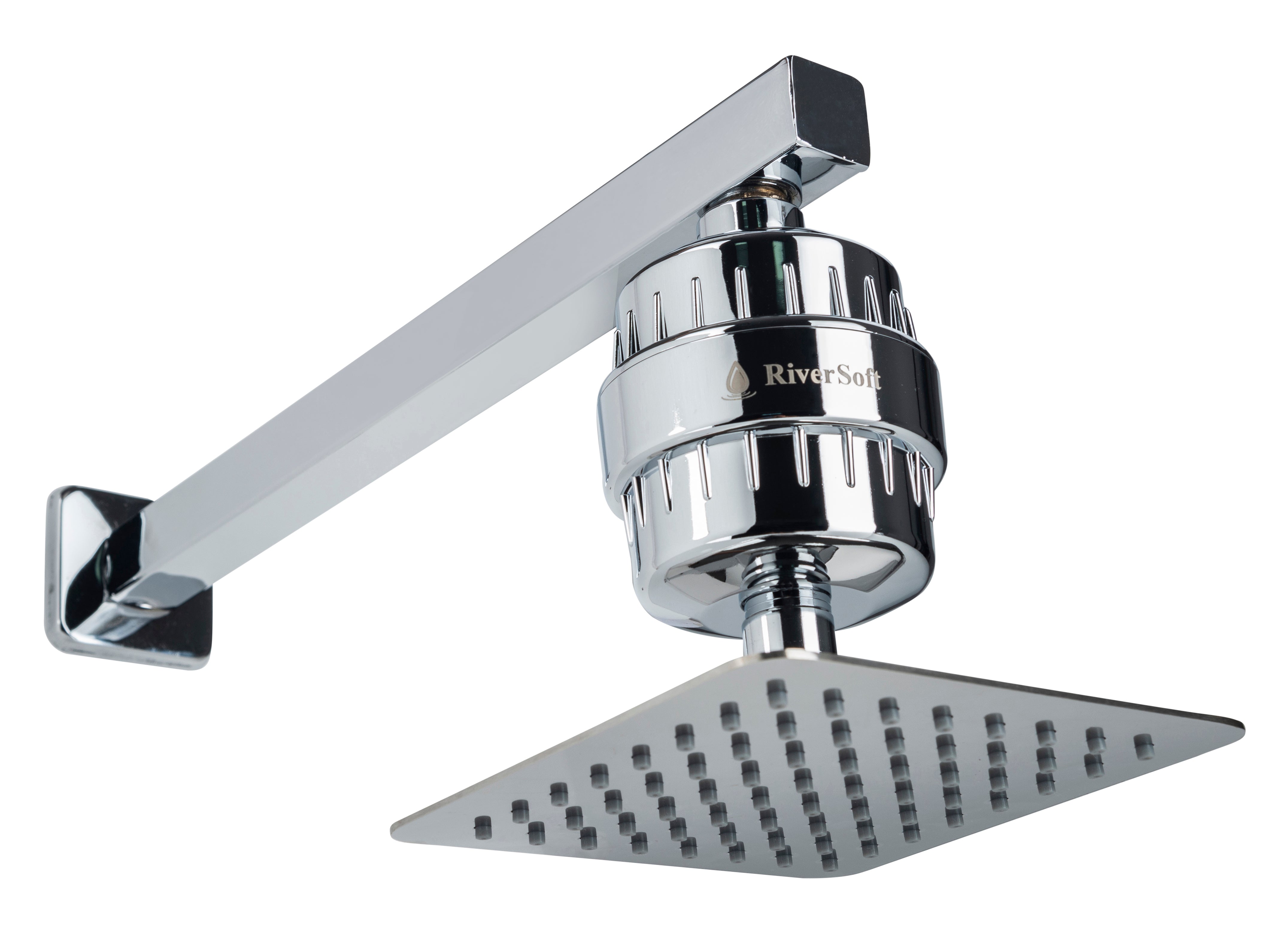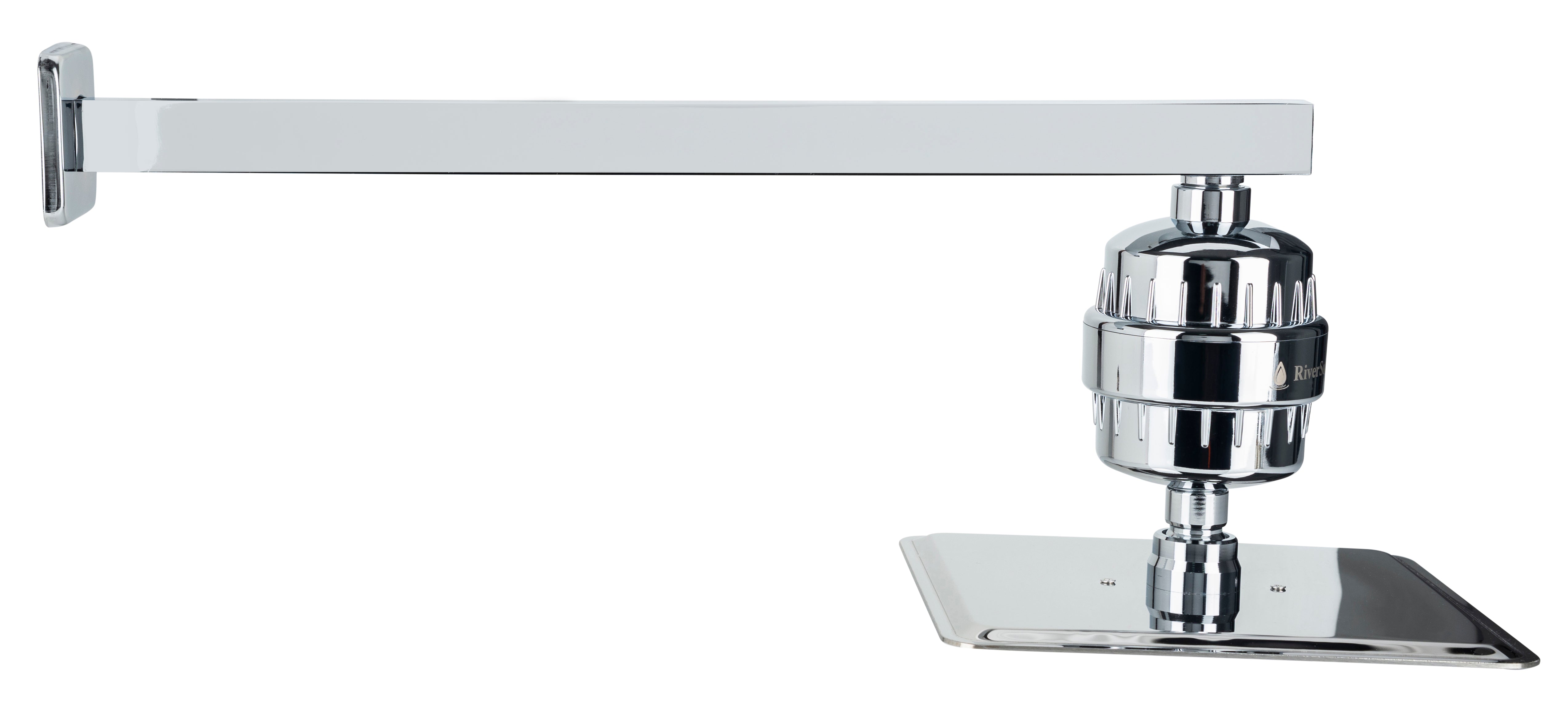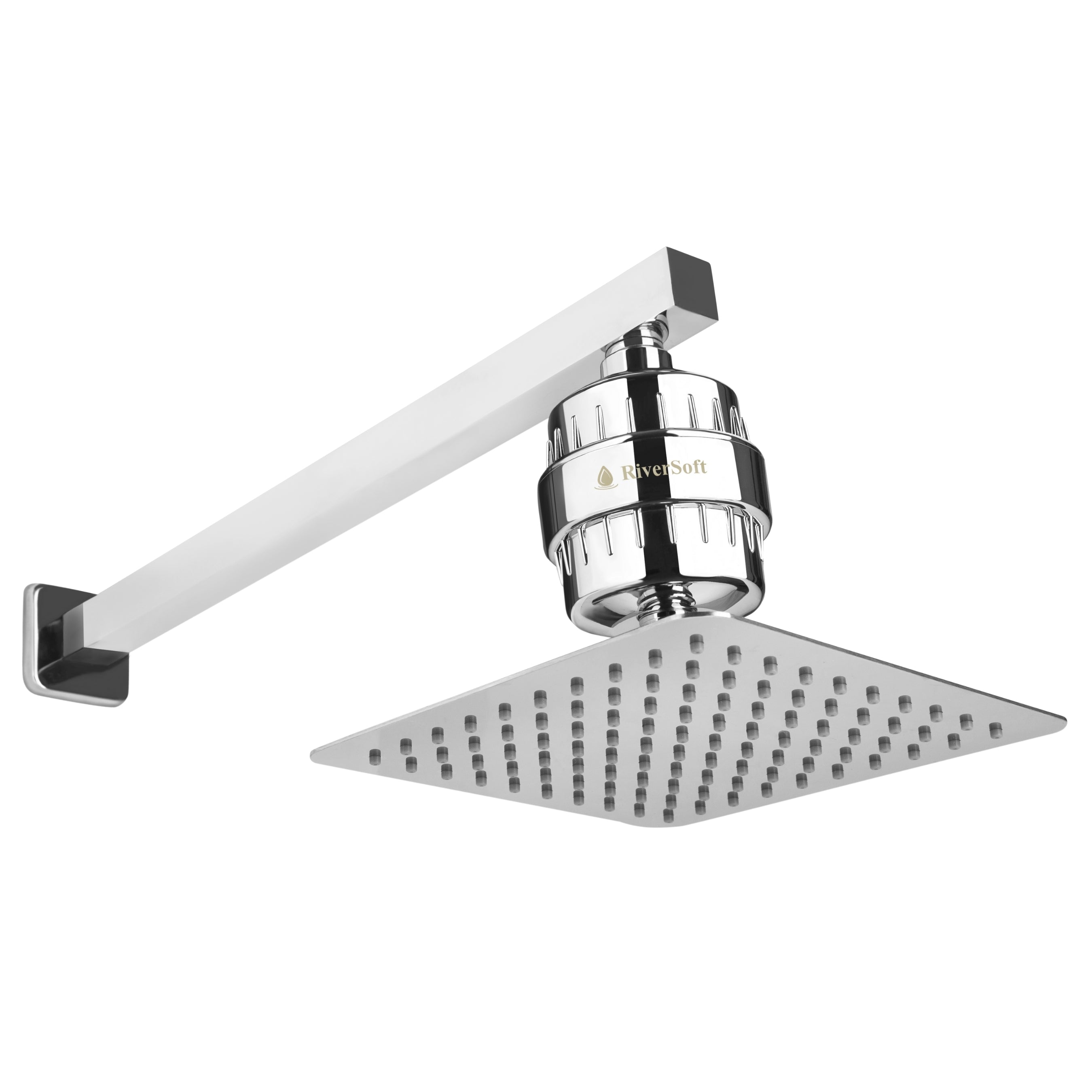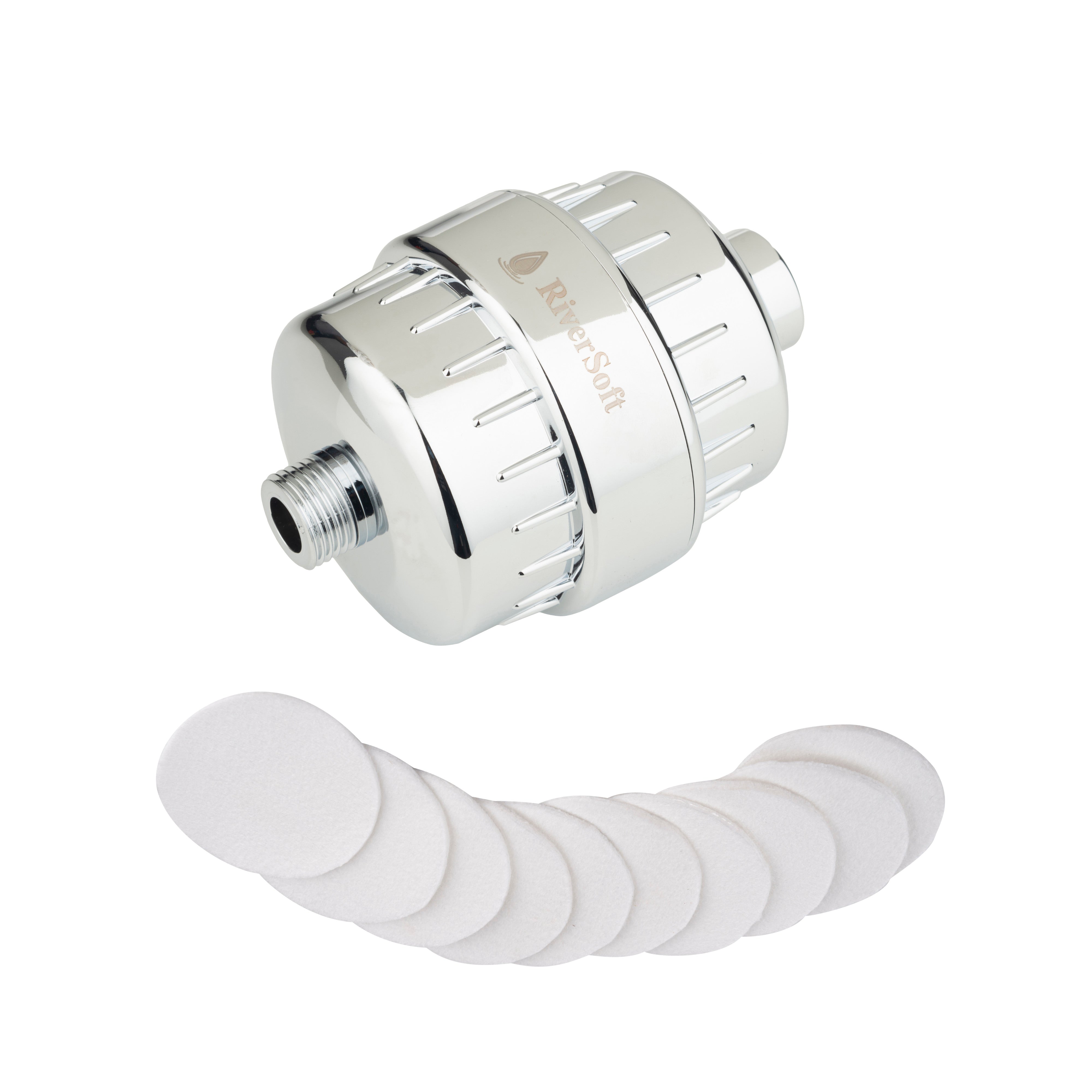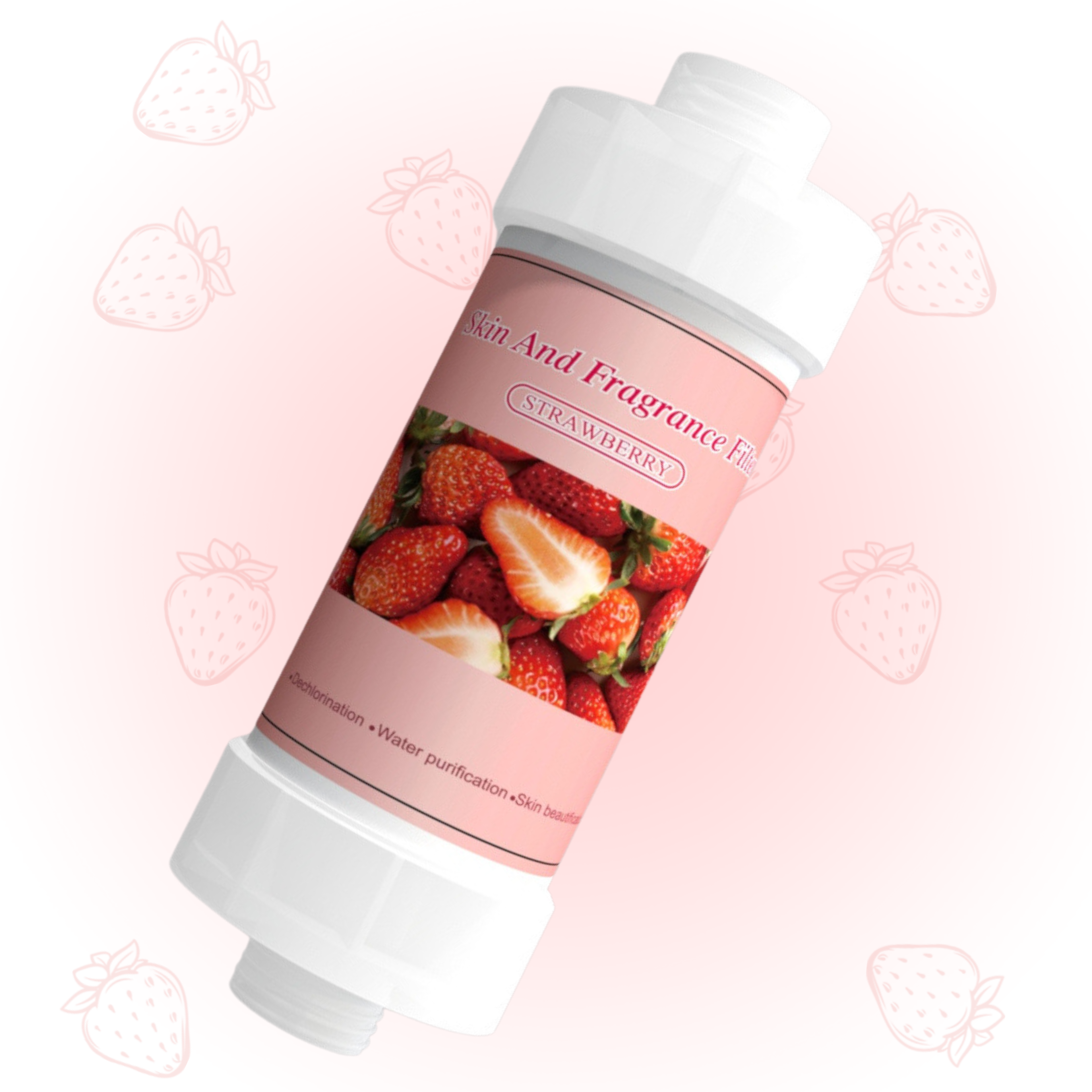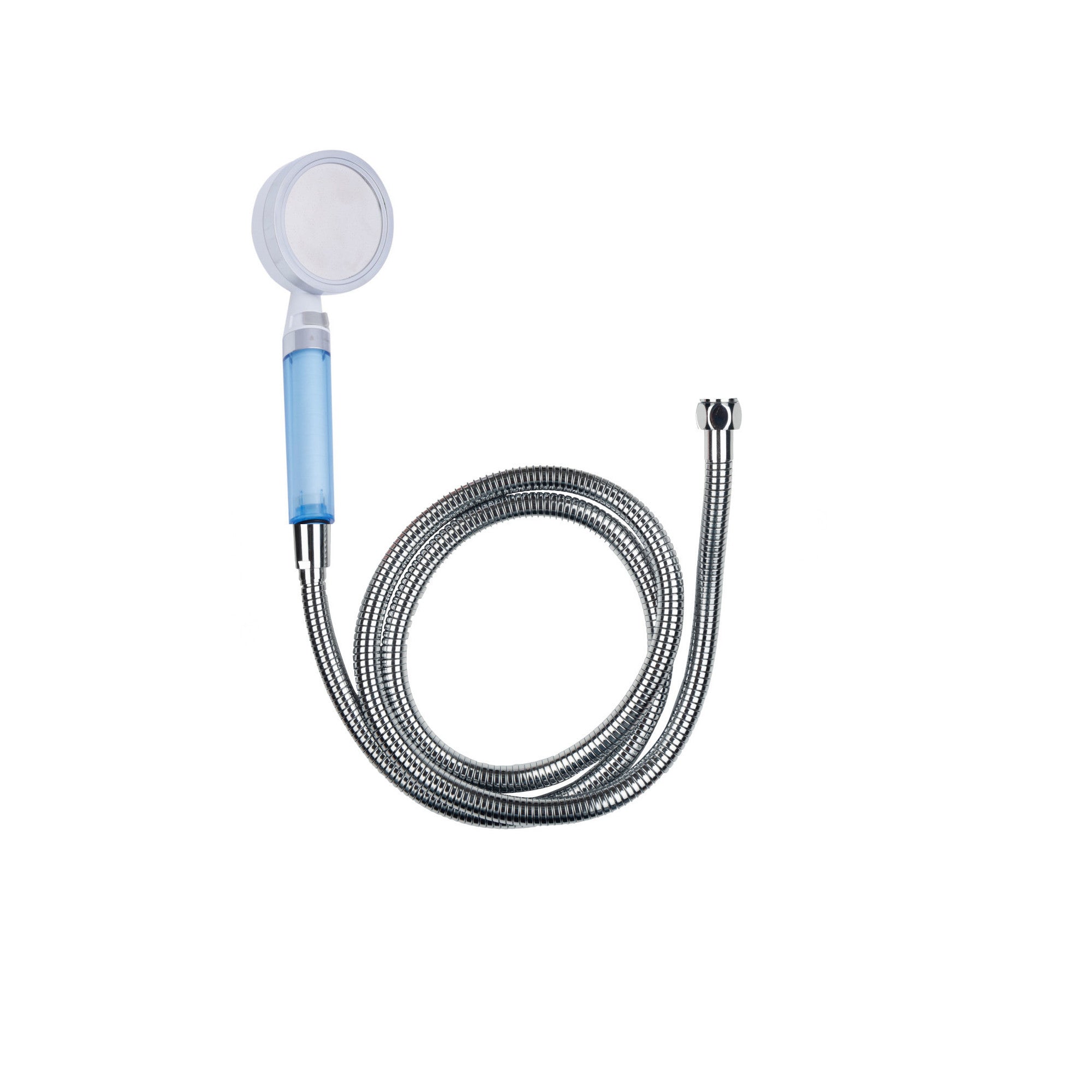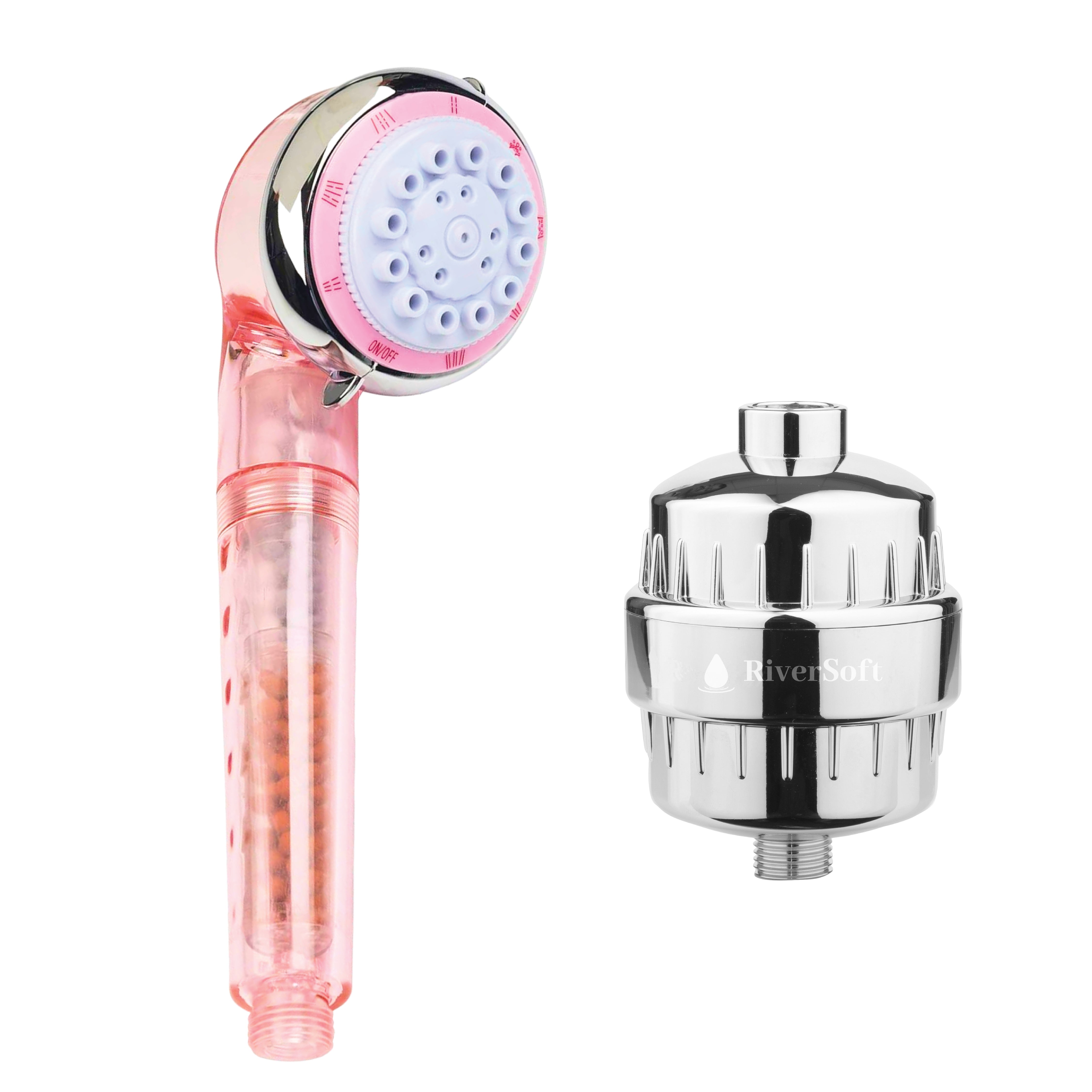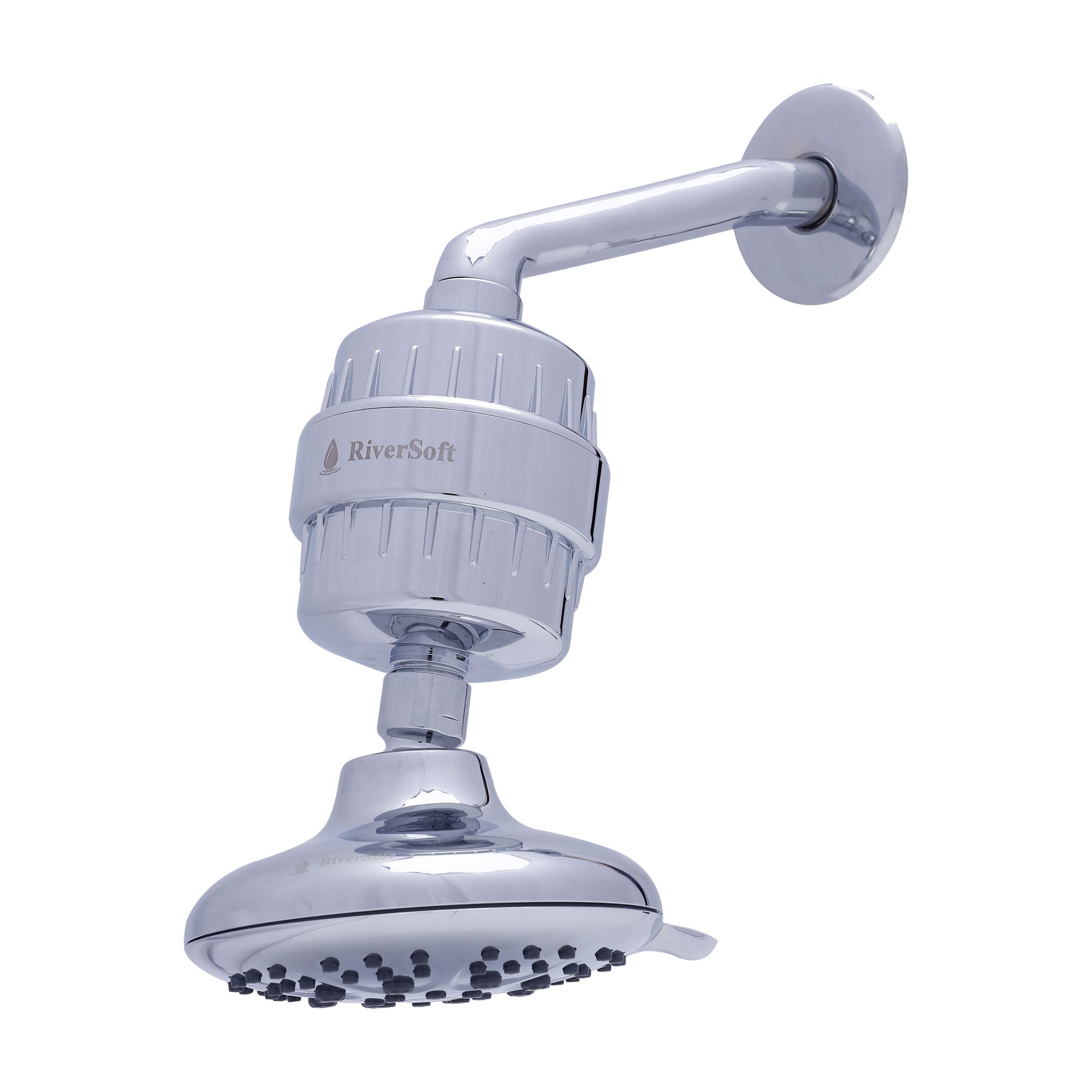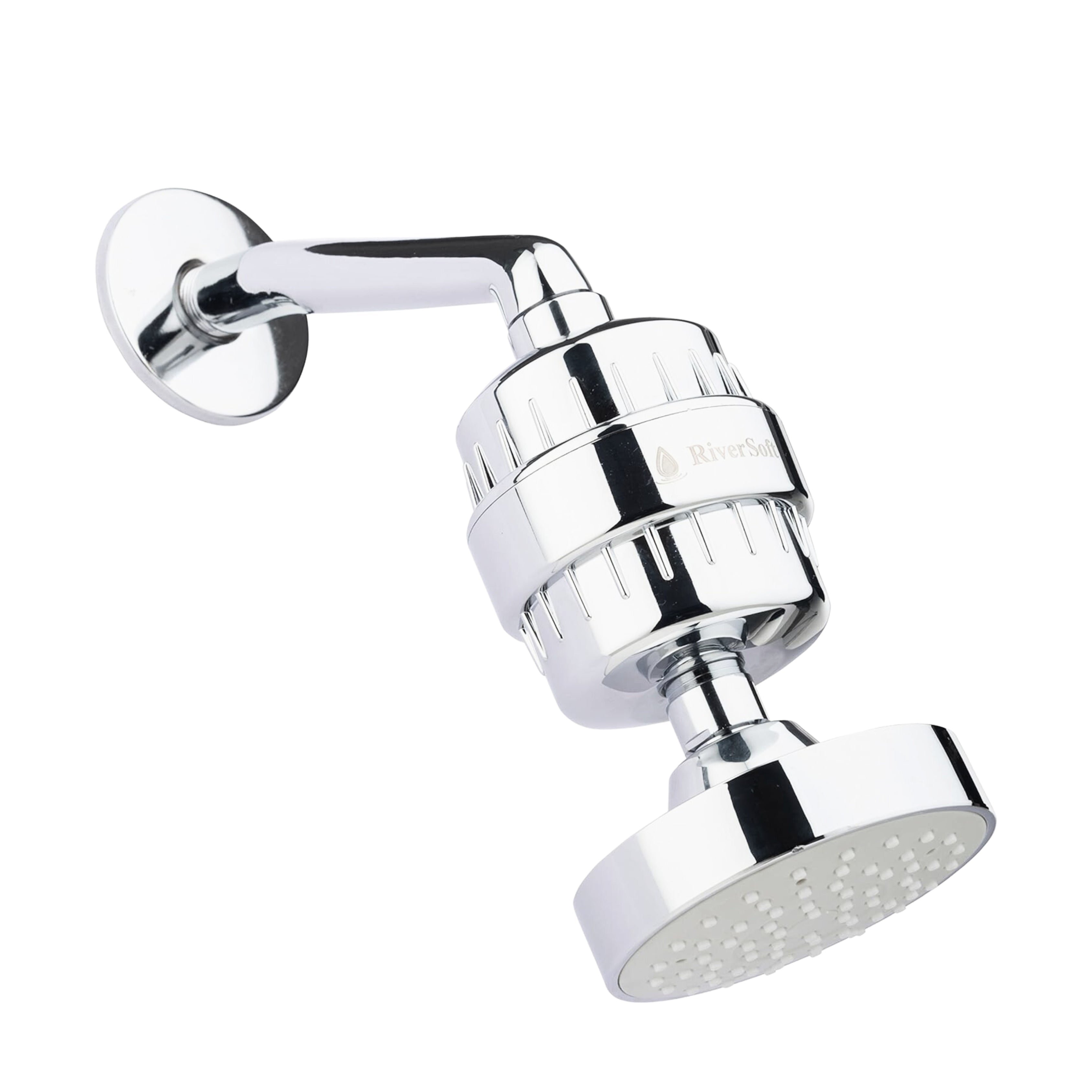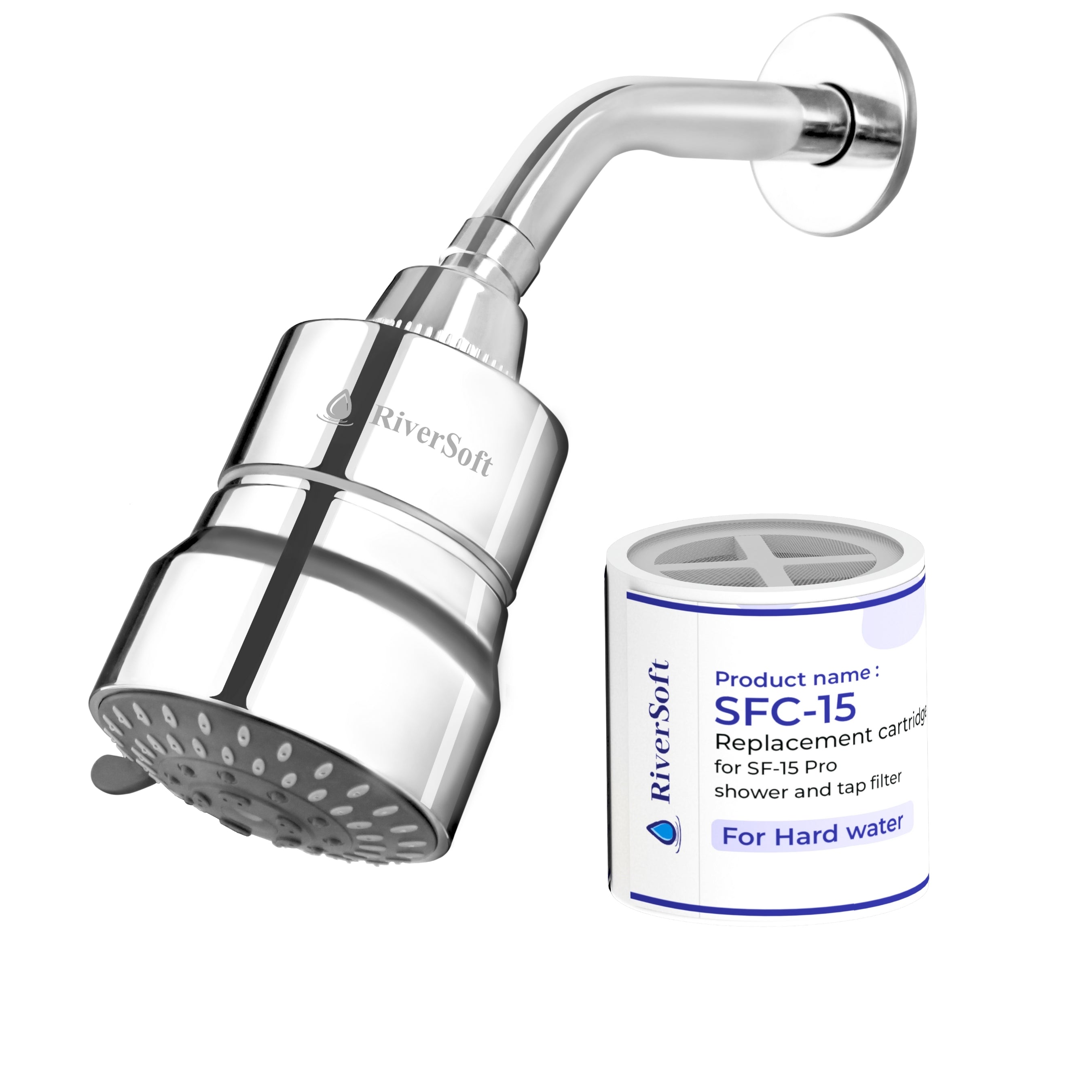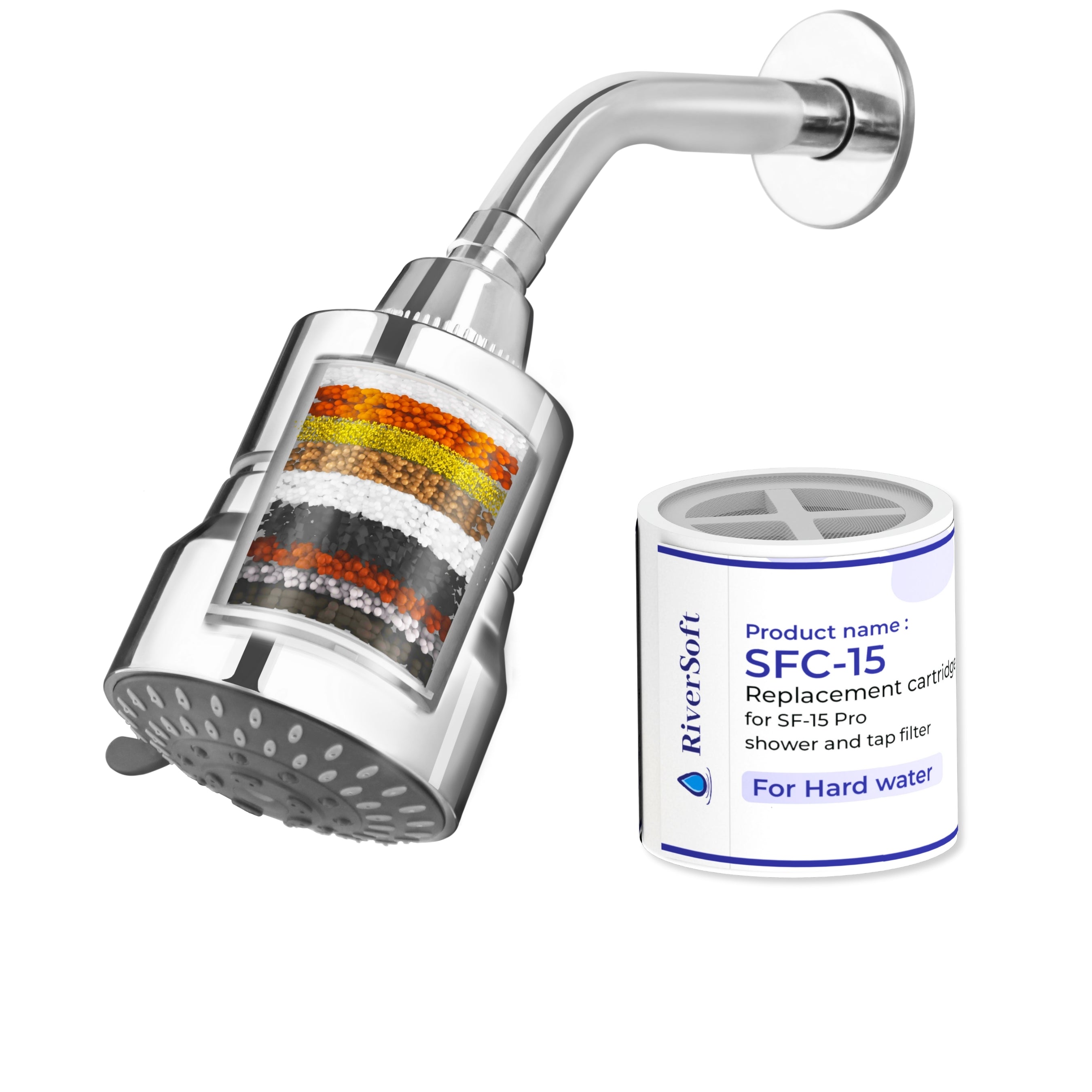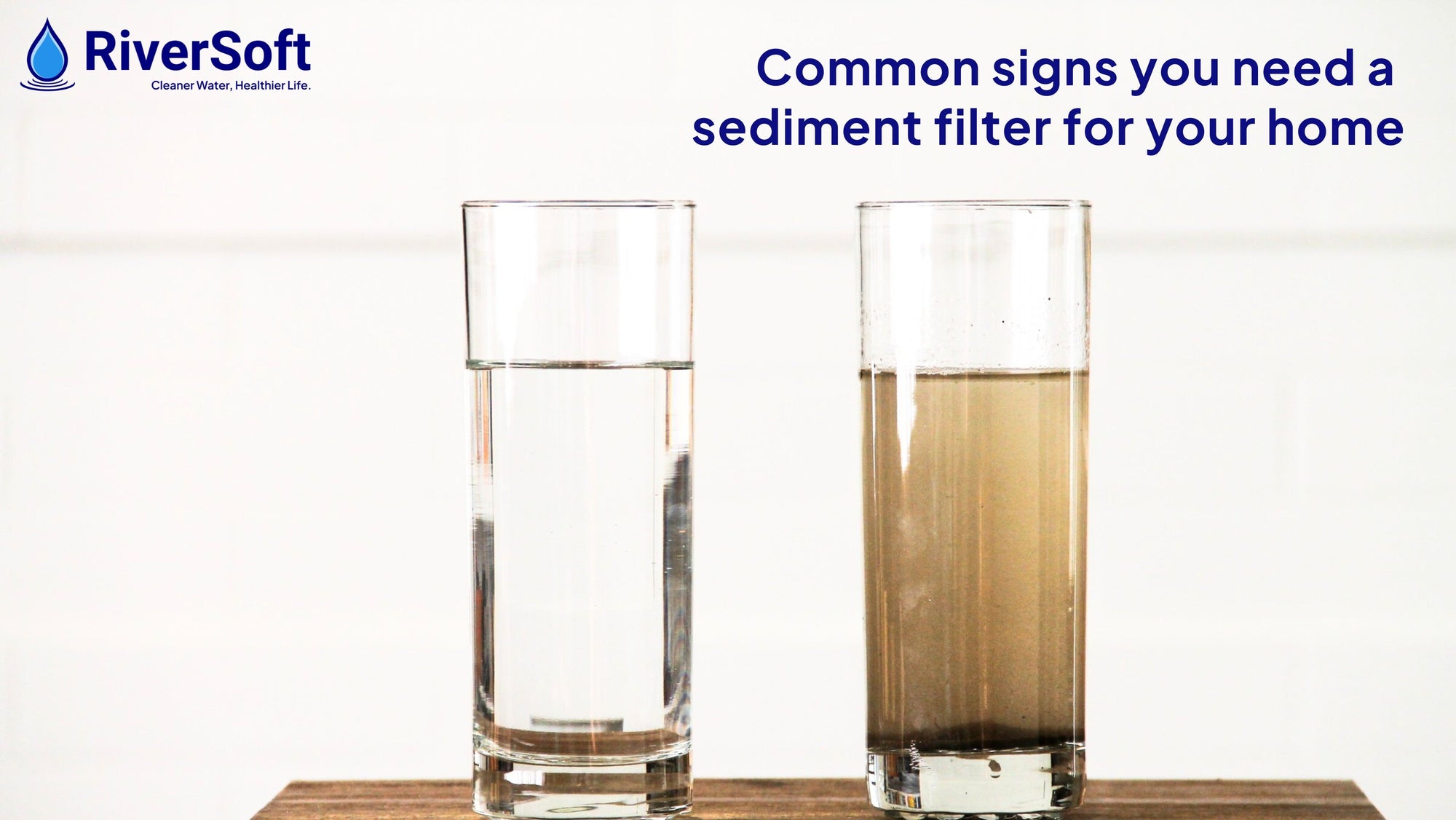Winter is often harsh on hair, leading to dryness, breakage, and frizz. In India, where hard water is prevalent in many regions, these issues can be worse. According to studies, over 85% of Indian households rely on hard water, which contains high levels of minerals like calcium and magnesium. These minerals can damage your hair and scalp, especially during winter when moisture levels are already low.
Hard water’s effects on hair often go unnoticed until the damage is visible. Investing in a water softener for bathroom can help with the harmful effects of hard water and ensure your hair stays healthy. By combining the use of a water softener for the bathroom with a proper winter hair care routine, you can minimize damage to hair and maintain its natural strength and quality.
How Winter Affects Hair Health
Winter brings a set of challenges for maintaining healthy hair. The combination of cold weather, dry air, and indoor heating can cause notable damage. Here’s how these factors affect your hair:
Dry Air and Indoor Heating
During winter, the air loses its natural humidity, and indoor heating systems further strip the environment of moisture. This lack of moisture makes hair dry and brittle, leading to split ends and breakage. Your scalp may also become flaky and itchy due to dryness, which can worsen dandruff problems.
Cold Temperatures
Exposure to cold weather reduces the hair’s ability to retain moisture. The scalp produces less natural oil during winter, leaving hair dehydrated. This leads to lifeless, dull strands that are more prone to damage.
Static and Frizz
Static electricity is a common winter issue caused by low humidity. As you wear woolen scarves, hats, or sweaters, friction between the fabric and your hair increases static, making it frizzy and hard to manage. This not only makes styling difficult but also weakens hair strands over time.
To combat these issues, combining a hair care routine with the use of a water softener for the bathroom can reduce damage and improve your hair’s overall health.
How Hard Water Decreases Hair Health
Hard water is one of the leading causes of hair damage. It contains minerals like calcium and magnesium, which build up on the hair and scalp over time.
Effects on Hair
1. Mineral Buildup: Hard water deposits minerals on your hair, making it rough and lifeless. This buildup prevents moisture from entering the strands, leading to dryness and dullness.
2. Weakened Hair Structure: The minerals in hard water weaken the keratin in hair, making it brittle and prone to breakage. Over time, this can lead to hair thinning.
3. Reduced Effectiveness of Hair Products: Hard water prevents shampoos and conditioners from lathering and rinsing properly. This means your hair may not get the nourishment it needs, leaving it dry and unmanageable.
How Winter Makes It Worse
1. Compounded Damage: Winter already depletes your hair’s moisture levels, and hard water worsens this dryness. The combined effect makes hair fragile and prone to damage.
2. Frequent Hot Showers: Hot showers during winter can worsen hard water damage. The heat opens up the hair cuticle, allowing minerals to enter deeper, increasing dryness and breakage.
The Role of Hard Water Filters in Hair Protection
A hard water filter, such as a water softener for the bathroom, is a good investment for maintaining healthy hair. Here’s how these filters help:
How Hard Water Filters Work
1. Mineral Removal: Hard water filters use techniques like ion exchange or carbon filtration to remove excess calcium, magnesium, and other minerals. This softens the water and makes it safer for hair and skin.
2. Improved Water Quality: By filtering out impurities, the water becomes less harsh, preventing buildup on the hair and scalp. Softened water is gentler, allowing hair products to work more effectively.
Benefits for Hair Health
1. Retains Natural Moisture: Softened water helps your hair retain its natural oils, keeping it hydrated and shiny during winter.
2. Reduces Breakage and Frizz: With fewer minerals in the water, hair becomes smoother and less prone to frizz and breakage.
3. Improves Product Performance: Soft water allows shampoos, conditioners, and treatments to lather and rinse properly, ensuring that your hair gets the nourishment it needs.
Ease of Installation
Hard water filters are easy to install and come in various types, such as:
1. Showerhead Filters: Showerhead filters are ideal for localized water softening in the bathroom.
2. Whole-House Systems: Provide softened water for the entire household, benefiting both hair and skin.
Using a water softener for the bathroom is a practical and affordable step to protect your hair and hard water damage for skin especially during winter.
Tips for Maintaining Healthy Hair During Winter
Maintaining healthy hair during winter requires a combination of good practices and the use of the right tools. Here are some tips:
1. Use a Hard Water Filter: Start by installing a water softener for the bathroom to improve water quality. This minimizes mineral buildup and protects your hair from unnecessary damage.
2. Moisturizing Products: Hydrating shampoos and conditioners that are designed to combat dryness are good options for protecting your hair during winter. Look for products with natural oils or ingredients like argan oil, shea butter, or aloe vera.
3. Avoid Overwashing: Limit hair washing to two or three times a week to retain natural oils. Overwashing can strip your scalp of moisture, making hair more brittle.
Conclusion
Winter can be tough on hair, but understanding its effects and taking proper measures can make a huge difference. Hard water further complicates hair care, especially in India, where it’s a common issue. The solution lies in installing a water softener for bathroom to remove harmful minerals and improve water quality.
By combining the use of softened water with a dedicated winter hair care routine, you can take control of your hair health this winter. Invest in a water softener for the bathroom and adopt effective care practices for a season of smooth, shiny, and healthy hair.






